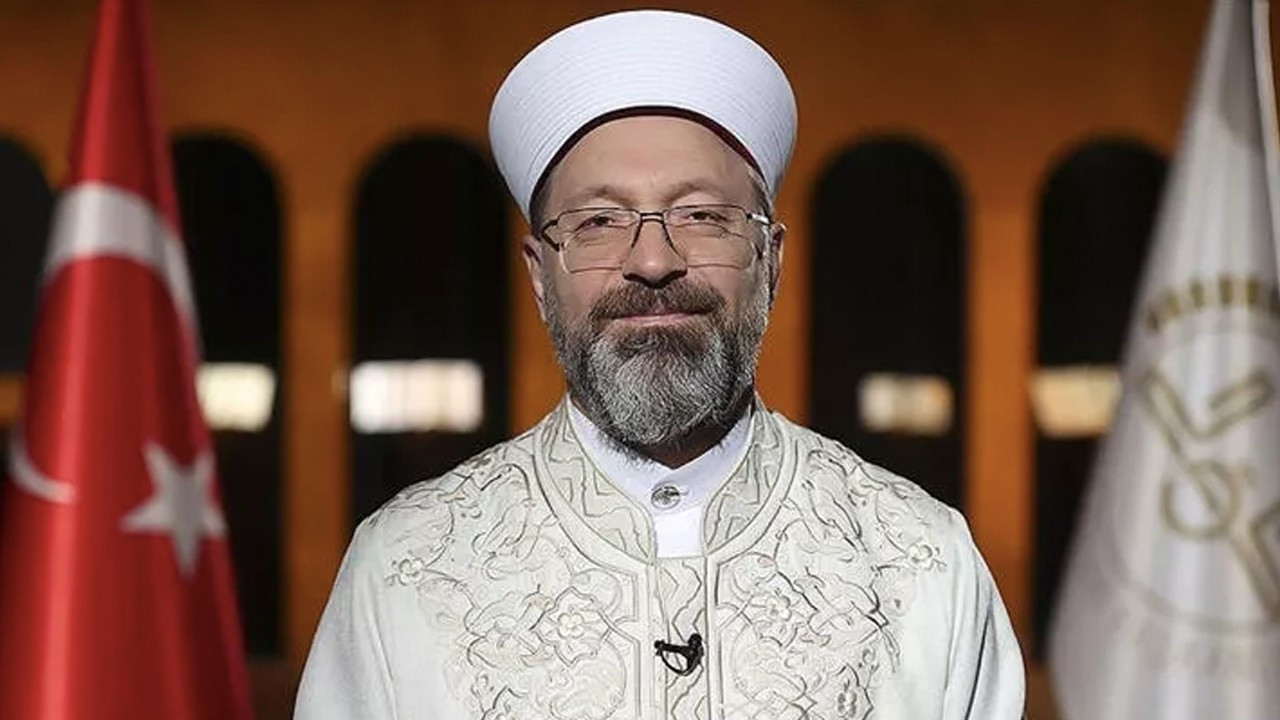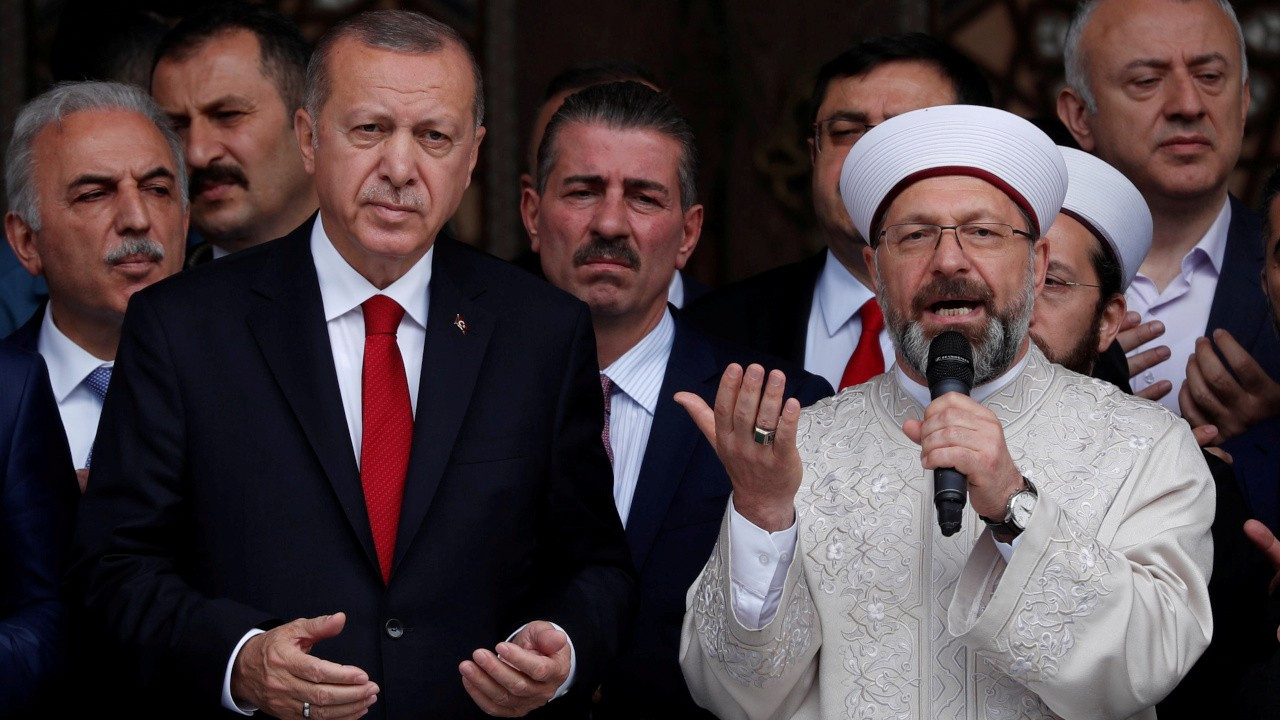As Turkey grows poorer, top religious authority spends with abandon
As the Turkish economic crisis grows deeper, Turkey's Religious Affairs Directorate (Diyanet) continues to spend at record levels.
Duvar English
Turkey's Religious Affairs Directorate (Diyanet) continues to spend with abandon, as the value of the Turkish lira plummets and inflation soars day by day, causing people in Turkey to grow poorer.
Under the leadership of Ali Erbaş, the Diyanet has become one of the best-funded institutions in Turkey. The directorate was allocated 12.3 billion liras for 2021 and 13.1 for 2022, exceeding the budget of some ministries.
The Turkish economy is in dire straights - this week, the lira has reached new heights against the dollar, nearing 11 lira. Inflation hovers around 20% (officially, though in reality, it is likely much higher) and the Producers Price Index (DPPI) increase is near 50%.
This economic crisis, however, has not slowed spending by the directorate. Despite telling citizens to “do with less,” the Diyanet has spent tens of millions on tenders and expenses. The General Directorate of Religious Publications, linked to Diyanet and valued at 80 million liras, most recently held a tender for materials to be used in Quranic education for children aged 4-6. Deals were signed with three companies - One worth 1.3 million liras with İhlas Gazetecilik, 2.8 million liras with Başak publishing, and 356,000 liras with Korza Publishing.
In total, the cost of books printed by the Diyanet this year so far has been 7.9 million liras. In 2020, at the height of the coronavirus pandemic and subsequent economic crisis, that number was 12 million liras.
The Diyanet with its increased purview and funding has widely expanded religious education for young children. In the last five years, the number of Quran courses for 4 to 6-year-olds has increased by 91% to 5,575. In 2020, 181,808 4 to 6-year-old children were educated in the Diyanet’s Quran courses.

 Turkey's Diyanet Foundation starts selling luxury prayer paraphernaliaDomestic
Turkey's Diyanet Foundation starts selling luxury prayer paraphernaliaDomestic With new proposal, top religious body's budget to exceed 16 billion liras in 2022Economy
With new proposal, top religious body's budget to exceed 16 billion liras in 2022Economy Turkey’s top religious body to expand globally, establish 17 new branchesDiplomacy
Turkey’s top religious body to expand globally, establish 17 new branchesDiplomacy